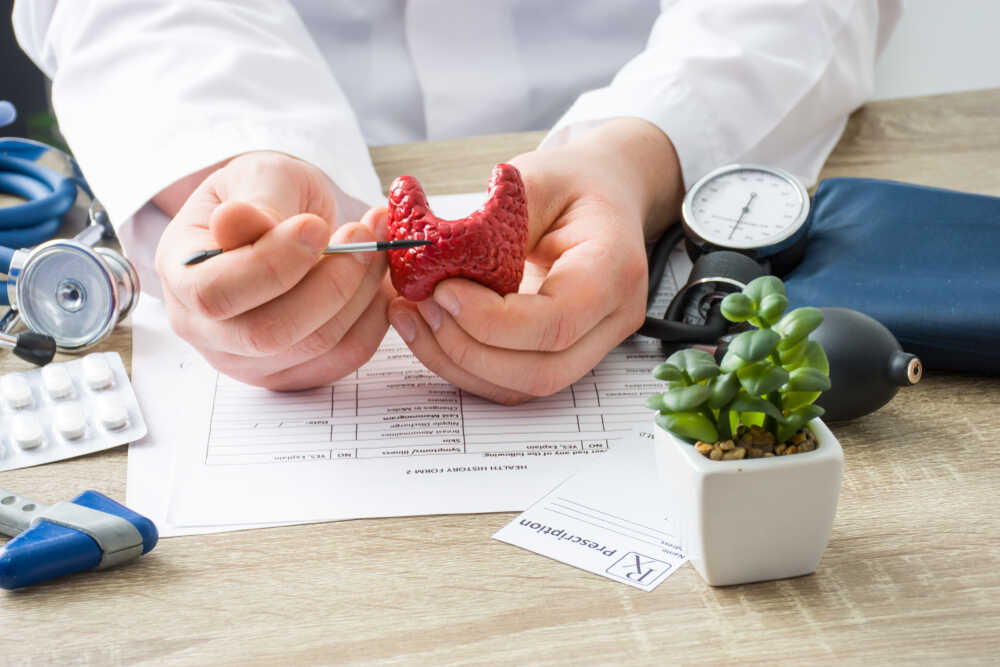What are the symptoms of a gallbladder attack?
Common symptoms of gallbladder attacks include:
* Severe abdominal discomfort: This pain usually radiates to the chest or back and is located at the upper right or middle abdomen. The pain can be dull, sharp or stabbing and last several hours or even days.
* Vomiting and nausea:
* Fever: A fever may be present if an infection is present.
* Jaundice – This is caused by high levels of bilirubin. This can be caused by a blocked bile canal or problems with the liver and gallbladder.
* Clay colored stools: Due to the lack of bile that gives stools a brown color, stools may appear pale or clay colored.
* Dark Urine: Urine can be darker than normal due to absence of bile.
These symptoms can occur suddenly, and are often accompanied by sweating and rapid heartbeat.
Seek medical attention as soon as you notice any of the symptoms listed above to avoid a worsening situation.
Other Possible Conditions
Other health conditions can cause similar symptoms. Some examples include:
* Pancreatitis
* Irritable bowel syndrome (IBS)
* Acid reflux (GERD
* Crohn’s disease
* Ulcerative colitis
* Appendicitis
* Kidney stones
* Kidney infection
* Hepatitis
* Stomach ulcer
* Constipation
If you experience unusual or worrying symptoms, seek medical attention. These could be signs of an underlying condition. Your healthcare provider will be able to determine the cause of the symptoms you are experiencing and prescribe the right treatment.
What are the possible causes of gallbladder attacks?
Gallbladder attacks can be caused by several factors, including:
* Gallstones:Gallstones are small, hard deposits that form in the gallbladder or bile ducts. They can cause inflammation and blockages, resulting in pain and other symptoms.
* An infection: Gallbladder Infection, or cholecystitis.
Inflammation. Cholecystitis (inflammation of the Gallbladder) can cause pain, as well as other symptoms.
* Gallbladder Rupture: A gallbladder tear or rupture is a rare, but serious condition where the gallbladder tears or ruptures. This occurs most often as a result of inflammation or infection. The symptoms may include abdominal discomfort, fever and shock.
Gallbladder Polyps: Gallbladder growths can be abnormal. They are typically benign (noncancerous), but they can be cancerous. The symptoms may include abdominal discomfort and bloating.
* Gallbladder Cancer: Gallbladder is a rare form of cancer. Early on, it is usually asymptomatic, but symptoms such as abdominal pain, weight loss, and jaundice may develop.
What is the treatment for a gallbladder infection?
The severity of symptoms and the cause will determine the treatment for gallbladder attacks. You may be able to choose from:
Use pain medications: You can use over-the-counter pain medication or prescription pain medications to relieve discomfort and pain.
Infections can be treated with antibiotics.
* Surgery: If the gallbladder is causing the problem, it may be necessary to perform surgery in order to remove the gallbladder. It is called a cholecystectomy.
Gallbladder attack can be painful and disruptive but with proper treatment most people












